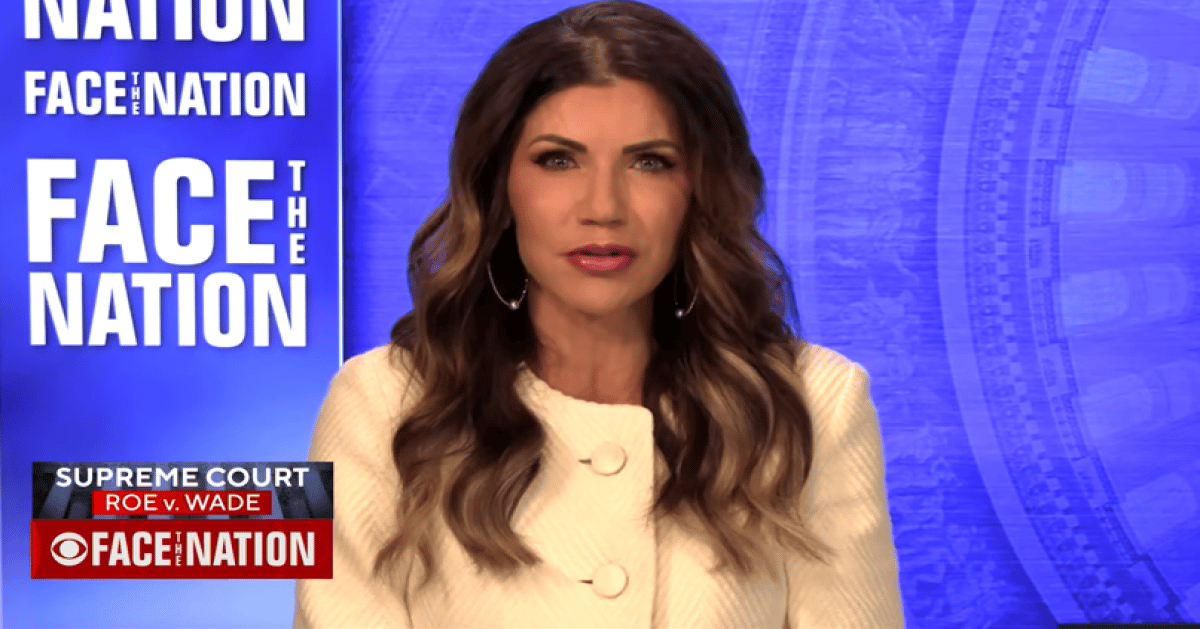


In a heated debate, Republicans rally behind Tulsi Gabbard, President Donald Trump's nominee for Director of U.S. National Intelligence, countering Democratic concerns over her past affiliations with Russia and Syria.
The Associated Press reported that Gabbard's military background includes over two decades in the Army National Guard, with deployments to Iraq and Kuwait, where she earned a Combat Medical Badge in 2005 for her participation in combat operations.
However, her political transition has been overshadowed by her previous stances and actions concerning foreign policy, particularly her supportive comments towards Russia and her 2017 trip to Syria where she met with President Bashar Assad. These actions have sparked intense scrutiny and allegations of being compromised.
Democrats, including Sen. Elizabeth Warren and Rep. Adam Schiff, have openly criticized Gabbard’s judgment, questioning the potential risks to U.S. foreign relations should she lead the intelligence community.
If Schiff and Warren don't like Gabbard, that is evidence enough that Trump is picking the right people.
Countering these accusations, several Republican senators have come to Gabbard’s defense. Sen. Markwayne Mullin denounced the claims as “ridiculous and outright dangerous,” stressing the absurdity of labeling a decorated military veteran as a foreign asset.
Sen. Eric Schmitt echoed Mullin's sentiments, calling the accusations a slur with no substantial evidence. He highlighted Gabbard’s loyalty and service to the nation as points underscoring her integrity.
Sen. James Lankford also voiced a desire to clarify Gabbard’s past remarks and positions, suggesting that a more comprehensive understanding of her actions and motivations is necessary for a fair assessment.
At the heart of the controversy are Gabbard’s statements regarding U.S. foreign policy, including her endorsement of a Russian rationale for invading Ukraine in 2022. She cited concerns over U.S.-funded biolabs in Ukraine, a statement that many in the U.S. government have criticized for echoing foreign propaganda.
This particular stance has added fuel to the fire for Democrats like Sen. Tammy Duckworth who question Gabbard’s ability to pass the stringent background checks required for the director of national intelligence due to her interactions with foreign leaders under dubious circumstances.
The Senate is set to consider Gabbard’s nomination soon, focusing on dissecting her past statements and actions in the political and military arenas.
As the Senate prepares for the nomination hearings, the partisan divide has deepened. The outcome could significantly influence U.S. intelligence operations and international relations, depending on whether Gabbard’s nomination is confirmed or rejected.
Gabbard's supporters argue that her diverse experiences and military service provide her with a unique perspective beneficial to the intelligence community.
Opponents remain skeptical, concerned about her previous endorsements of foreign policy positions that contradict current U.S. strategies.
With Republicans holding a slight majority in the Senate, the confirmation process is expected to be contentious, with both sides prepared to debate the merit and implications of Gabbard’s potential appointment extensively.



